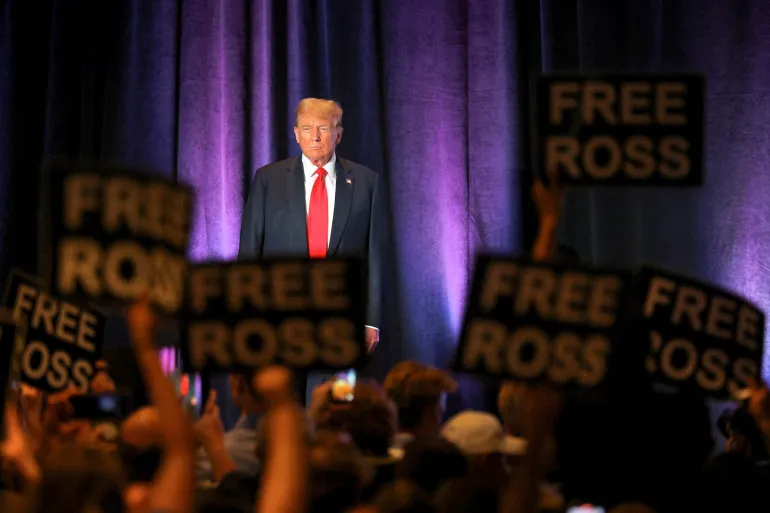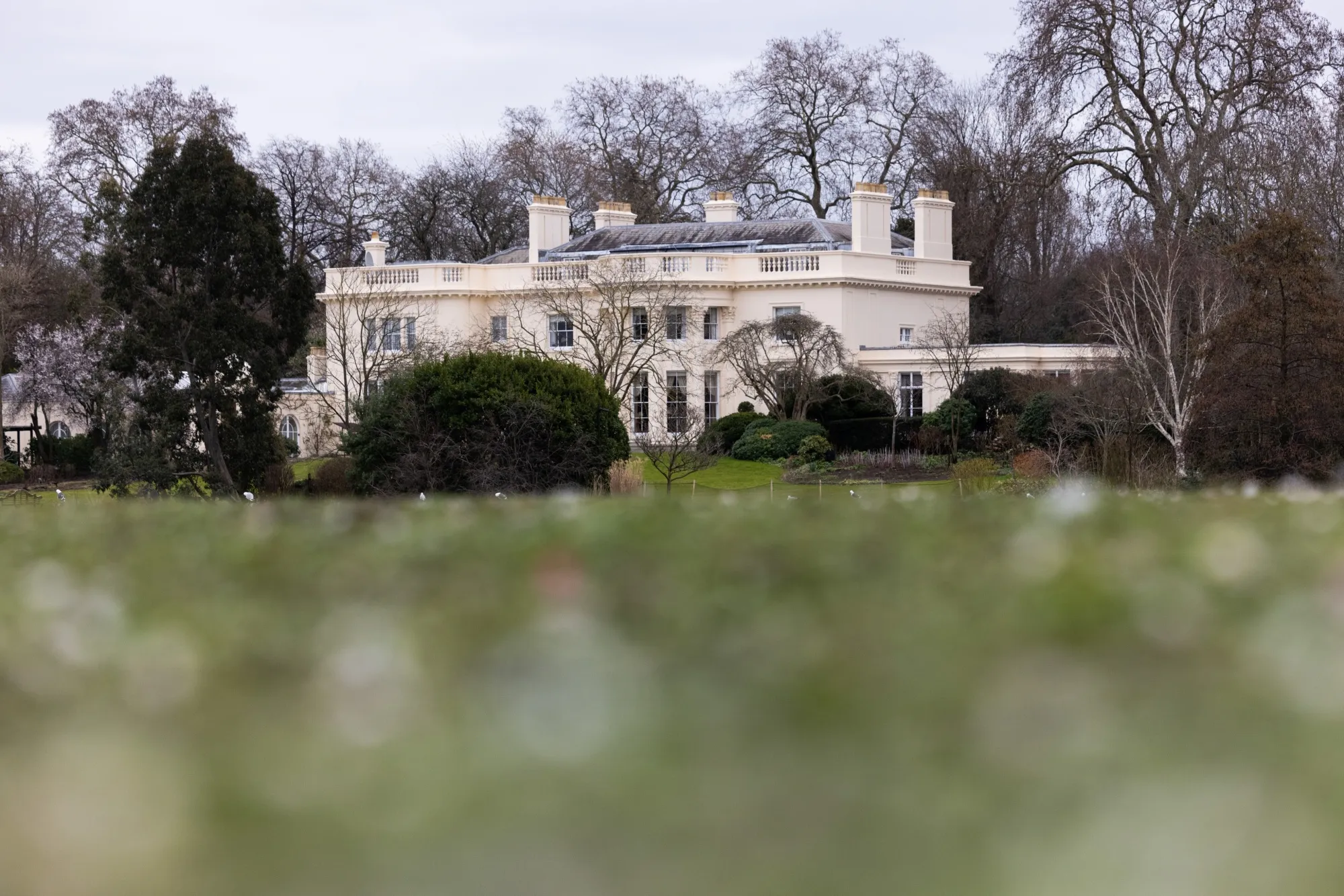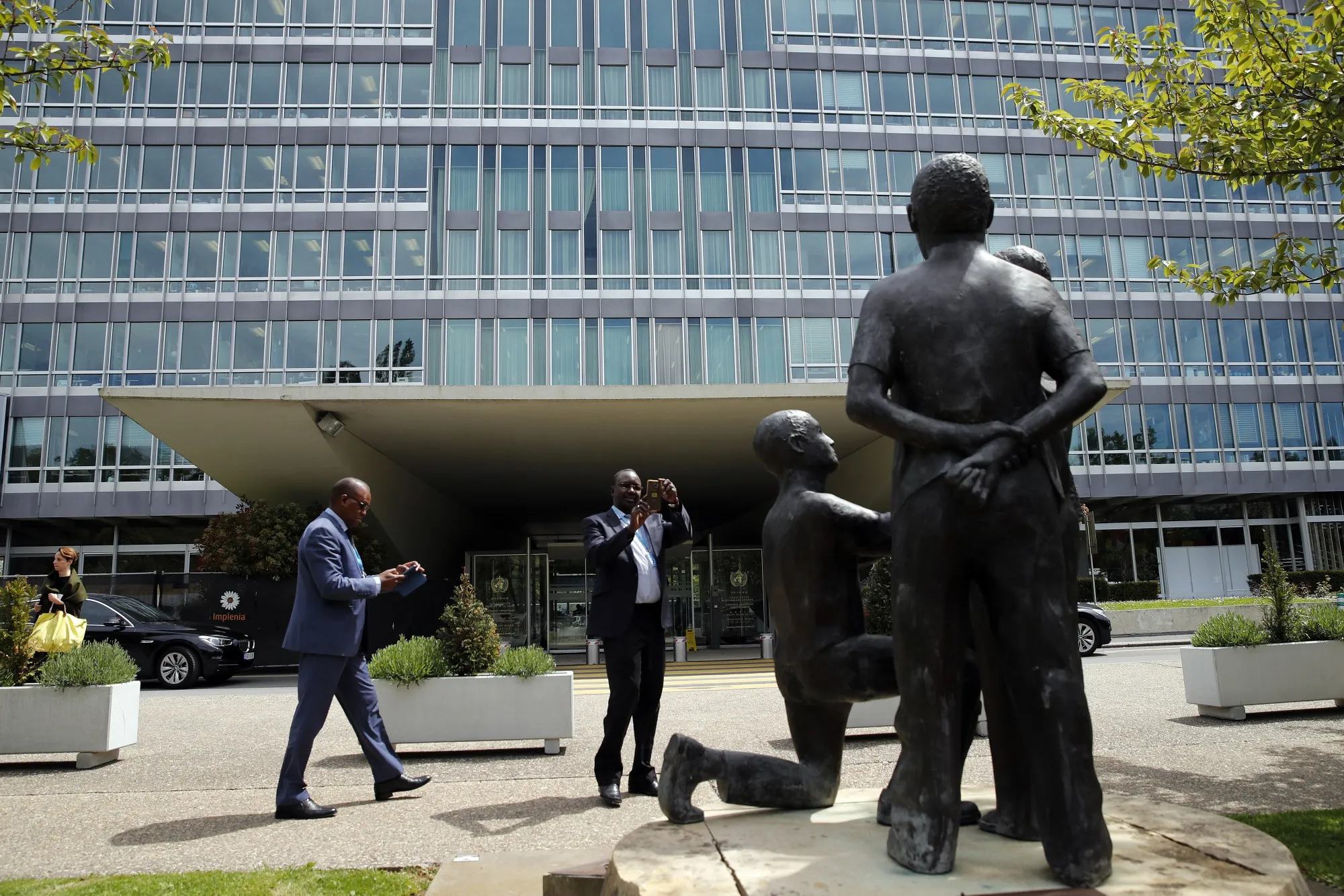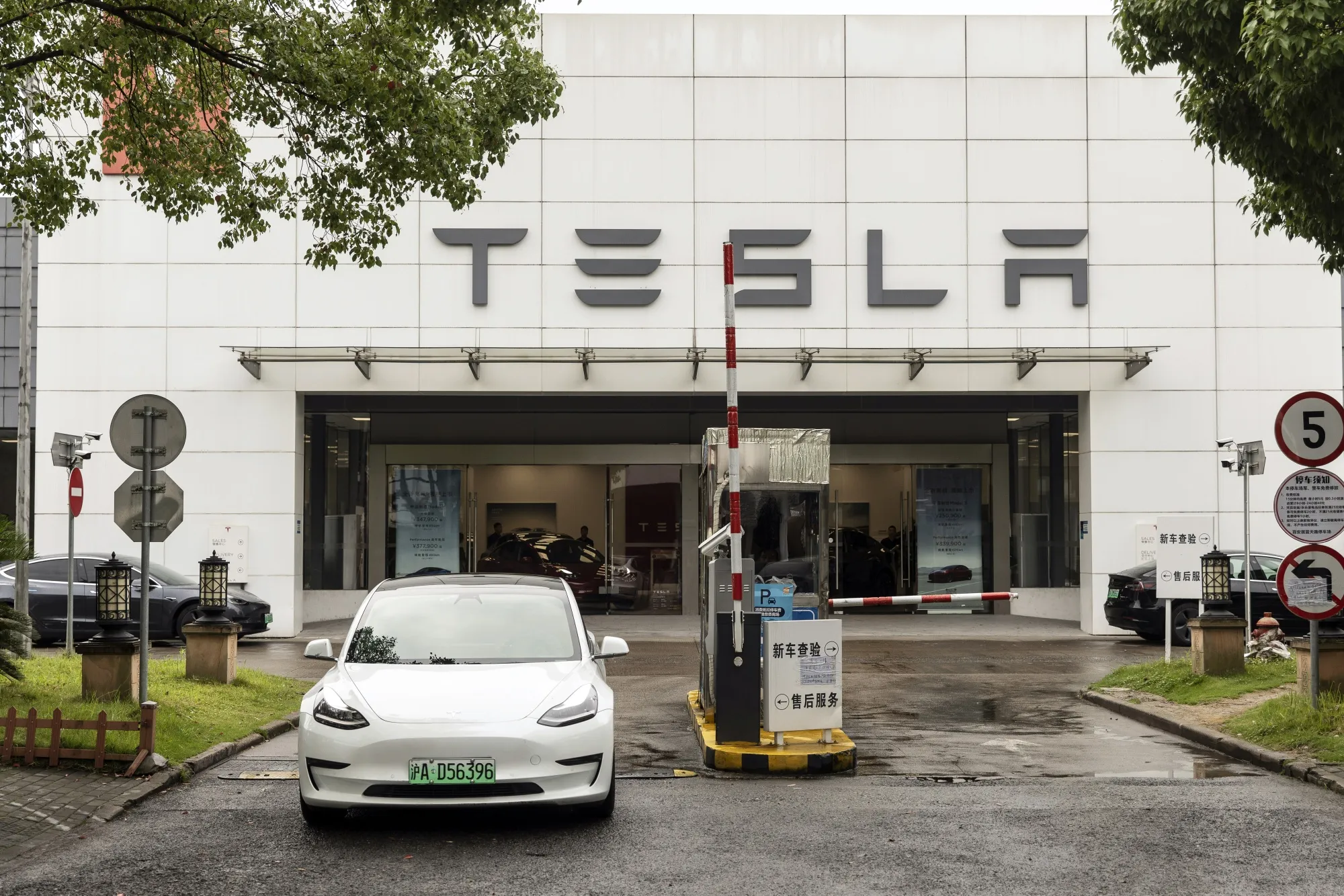New Zealand’s government is poised to overhaul its “golden visa” program, aiming to reignite interest from wealthy foreign investors and boost the nation’s economy, Bloomberg reports.
The Active Investor Plus Visa, which historically generated an average of NZ$1 billion (US$580 million) annually, has seen a dramatic slowdown since rule changes implemented in 2022. Official figures from Immigration New Zealand reveal a mere 35 applications have been fully approved in the past two years, resulting in NZ$352 million in nominated investment funds.
“We are conscious that the last government changed those settings and we saw a marked decline in the number of investors.” She hinted at upcoming changes, promising announcements “in the coming weeks,” Finance Minister Nicola Willis said.
The center-right government is already streamlining overseas investment application processes and plans to introduce legislative changes next year emphasizing the crucial role of foreign capital in achieving New Zealand’s economic goals. Willis stressed that investor migrants contribute far more than just financial capital.
Currently, applicants must commit to at least NZ$5 million in direct investment or NZ$15 million in passive investments (such as listed equities), a significant increase from the previous NZ$3 million threshold. The exclusion of bonds and property, previously popular investment options, has also impacted the program’s appeal.
While Minister Willis declined to comment on potential changes to the English language requirement for the visa, she directed questions to Immigration Minister Erica Stanford, who is expected to make further announcements soon.
Another significant hurdle for potential investors is the 2018 ban on foreign home purchases, excluding Australians and Singaporeans. While the National Party campaigned on relaxing this ban, allowing purchases of properties valued at NZ$2 million or more, this policy was blocked during coalition government negotiations. However, New Zealand First leader Winston Peters has recently indicated a willingness to reconsider this restriction for high-value purchases linked to significant investments in the country.









